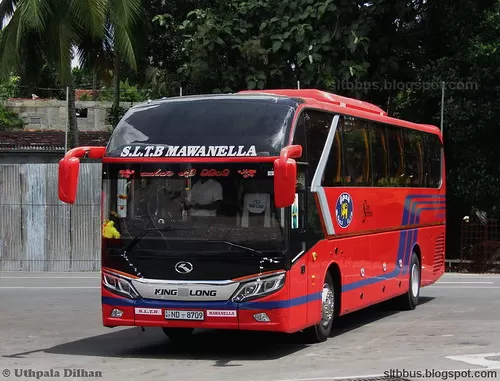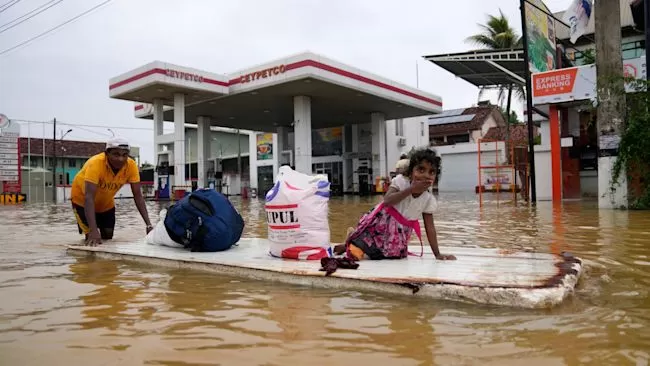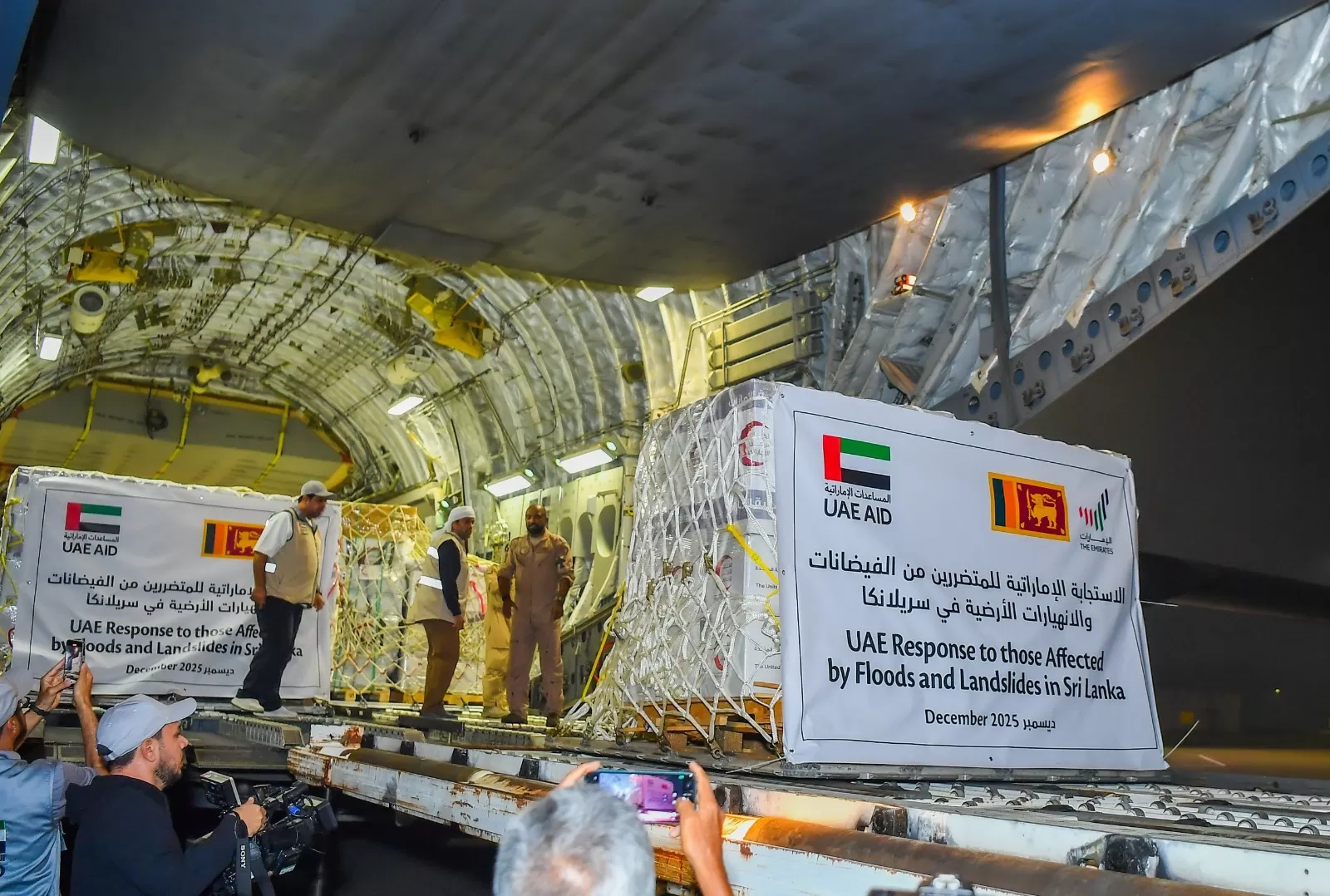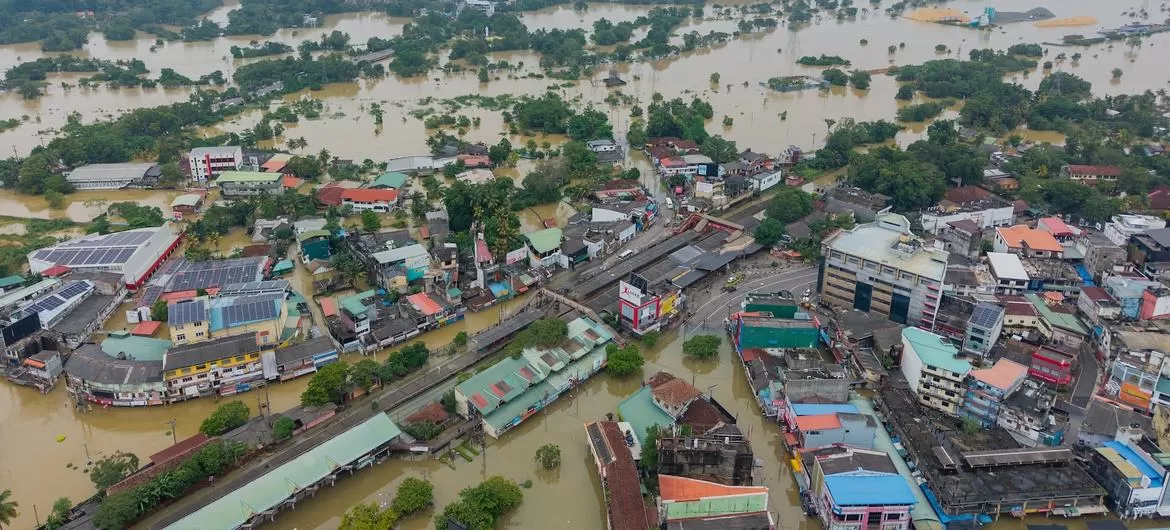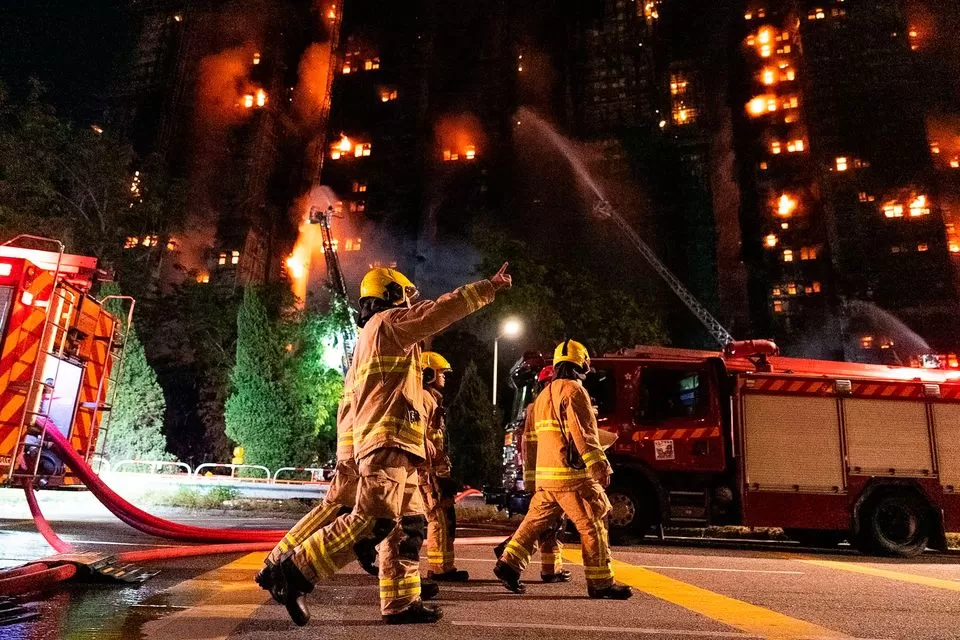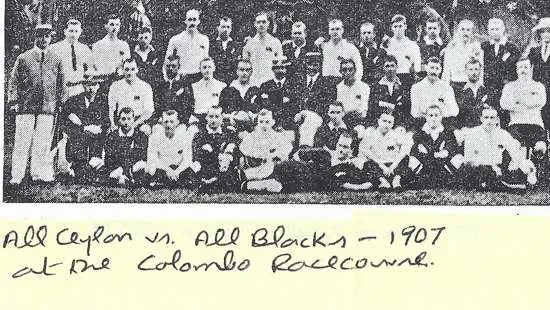
The first rugby team from parts beyond the seas to play in Sri Lanka, as per the recorded history of the Sri Lanka Rugby Football Union (now Sri Lanka Rugby), was the “All Blacks” Northern Union team. They arrived in Ceylon (as Sri Lanka was then called) in September 1907. It was not a rugby confrontation arranged well in advance. At the same time, it was not a result of an arrangement between governing bodies of the respective countries. In fact, the Ceylon Rugby Union was not in existence at the time. It was a hastily arranged match. In August 1907, a professional rugby team organised by Wellington-based postal clerk Albert Baskerville left New Zealand on a professional rugby tour. The first leg of the tour was to Australia and then to the Great Britain and back to Australia before returning to New Zealand. It was a long tour covering more than 45 matches during the period between August 1907 and June 1908. It is said that Albert Baskerville had arranged this tour upon realizing the commercial success of the New Zealand ‘Originals’ tour of England in 1905, which earned them the name “All Blacks”. As Baskerville’s team was from New Zealand, automatically it was popularized in Australia as Professional All Blacks or simply, All Blacks.
The team was led by Hercules Richard Wright and had the services of a few New Zealand rugby union internationals and several well-known provincial players. Vice-Captain George William Smith, Herbert Turtill, William Johnston, William Mackrell, Edgar Wrigley and that ‘man of large physique’ Tom Cross were all rugby internationals. At the beginning of the tour the New Zealanders played three matches in Sydney against New South Wales and maintained an unbeaten record. All three matches were played before a capacity crowd under Rugby Football Union rules. The tourists not only emerged victorious on the field in Sydney but also off it when they successfully negotiated to recruit New South Wales Rugby Union skipper Herbert Messenger for the remaining part of the tour. He was the star attraction of the New South Wales team. Popularly known as “Dally” Messenger, he was famous for his “ability to avoid tackles and kick at goals”.
Upon the completion of the Aussie leg of the tour, the New Zealanders left Sydney and moved to Western Australia before embarking on a long sea voyage to England. By that time through agency news reports the all-European rugby hierarchy in Ceylon became aware that a rugby team from New Zealand was on their way to England with a stop-over at Colombo Port. A cablegram was sent from Colombo to Fremantle Port in Western Australia through the agents of the Orient Royal mail line inquiring about the possibility of a match in Colombo. In came a positive reply but subject to final confirmation and the payment of a guarantee fee. At that time the visiting team was in Perth and was about to set sail from the Fremantle Port.
The “Times of Ceylon” with its all-European management and editorial played a major role in organizing the match. And naturally it gave a wide coverage to the event. On Saturday 7, 1907 under the caption “The Visit of the ‘All Blacks’ to Ceylon – Part of the Ceylon team selected” the “Times of Ceylon” gave a detailed account on the proposed “Rugby International between All Blacks and the All Ceylon team”. To quote a few lines: “It is natural that the visit of the ‘All Blacks’ to Ceylon, and the match arranged for next Thursday in Colombo, should be the topic of the hour. The interest in ‘Rugby’ football has advanced to such a keen stage in Ceylon that all classes are looking forward with remarkable interest to next week’s contest”. The newspaper also carried a two-line news item – somewhat similar to present-day ‘breaking news’ - received from its Kandy sports correspondent: “Tilly, Ash and MacMillan from Dimbula and Clarke from Kandy have been selected to play against the ‘All Blacks’. I have not been able to get Dickoya’s representatives. – By telegraph – Kandy, September 7th, 4.59 p.m.”. On September 11, 1907 almost all the Colombo newspapers carried the much awaited news, the arrival of the All Blacks on the following day and the confirmation of the match. The ‘Times of Ceylon’ provided a detailed account in an unusual narrative style, which was not often seen in sports journalism in Ceylon till then. Among other things, it read: “The announcement of a telegram from Fremantle yesterday that the famous New Zealand Rugby Football team who are on their way to England are anxious to play a match against Ceylon in Colombo was received with decided enthusiasm in local football circles. The telegram was received by us from Fremantle yesterday morning, stated that the New Zealanders were on board, the Orient Mail steamer ‘Ortona’ and were anxious for a match at Colombo. Immediately on receipt of the telegram we wired back inquiring whether the team had guaranteed to play and received a reply late last evening, ‘Want you to arrange a match’. We lost no time today in communicating with the captain of the Colombo ‘rugger’ fifteen which beat up-country, and were very glad to find that Mr. West (A.F. West (CH & FC) captain of the All Ceylon team) had already gone ahead with the arrangements, and had entered into communication with the captains of the Dimbula, Dickoya and Kandy fifteen. Mr. West in conversation with us, expressed himself as delighted with the prospect of the match, which ought to do more than anything to stimulate interest in Rugby Football in Ceylon. Mr. West thought that if a team could be arranged on the basis of six men from Colombo and the rest from Dimbula, Dickoya and Kandy, a very good fifteen should be available. ‘It will be the best we have in Ceylon’ said Mr. West, ‘and we cannot pay the visitors a greater compliment than that. It is a chance of a lifetime to those who are keen on football, because we Europeans in Ceylon are rarely at home in the winter time and have little or no opportunity for seeing good football played’. How do you propose to entertain the visitors’ we asked Mr. West. ‘If the Ortona will remain long enough we will have a dinner, at which the All Blacks will be our guests, and we will give them a good English start-off on the last part of their journey to the old country’.”
The ship was to arrive Colombo on Thursday morning, September 12th. The hosts were keen to organize a grand dinner party after the match, but the final decision was with the ship Captain. A representative of the shipping agency had mentioned, “the steamer had to take on 1200 tons of coal in Colombo, he (Rep.) could promise that she would not leave the harbour until 7 o’clock in the evening, and that would give time for the match to be played.” Meanwhile the new Governor of Ceylon Sir Henry McCallum, as per a communique issued by the Governor’s office, indicated his inability to be present at the match. It read: “His Excellency has to be in Kandy on Thursday, having arranged to be welcomed by the Hill Capital on that day”. Sir Henry and Lady McCallum arrived in Ceylon in late August 1907, upon the departure of former Governor Sir Henry Blake. On the eve of the match, it was informed that the entrance to the venue by motor cars and carriages will be through the Torrington Place entrance and Rs.5 will be charged per vehicle in addition to the entrance fee. Also announced was that all offices and European stores in Fort area would be closed for business at 4 p.m. on Thursday in order to facilitate those who are keen to witness the match. Then came that historic day – September 12, 1907.
The “Times of Ceylon” carried a lengthy two-column pre-match preview under the headline “To-Day’s Big Rugger Match – ‘All Blacks’ Vs. ‘All Ceylon’ – Arrival of the New Zealand team – A tremendous fifteen”. The Orient Mail steamer carrying the tour party, according to the newspaper, “was first sighted at Galle at half past four in the morning and will arrive Colombo harbour at ten minutes past eight”. The newspaper also mentioned that the tour party consists of ‘only four of the previous All Blacks’. Incidentally, in 1905 the New Zealand “Originals” passed through Colombo port on their way to England without playing a match in Colombo. The “Times of Ceylon” also mentioned that “A large number of up-country people came down last night and by the mail (train) this morning in order to see the match. The first class compartment of the train, which arrived at ten last night, especially were very crowded, and a big strain was imposed on the refreshment car, the passengers having to take dinner in turns. This morning the G.O.H. was crowded with planters, all of them either ‘rugger’ players or great enthusiasts.”
Upon the arrival of the Orient Mail steamer ‘Ortona’ the President of CH & FC Robert Davidson, Vice-President W.E. Mitchell, Hony. Secretary Gordon White, the skipper of the All Ceylon team A.F. West and co-editor of the ‘Times of Ceylon’ H. Woosnam Mills and several others including a few players went on board in the Orient launch to receive the tour party. A representative of the shipping company introduced the officials to the ship Captain, who then “sent a messenger to Mr. Wright, the captain of the All Blacks and to the team secretary and promoter Mr. Baskerville to ask them to bring their team along”. Subsequent to the formal introduction Mr. Wright said that “when the suggestion was made by the Fremantle correspondent of the Times of Ceylon that he would probably be able through his journal to arrange for a match in Colombo, they were delighted”.
Whilst the players enjoyed ‘tiffin’ at the G.O.H. the tour management and the hosts discussed the matters relating to the match arrangement. The “Times of Ceylon” reported: “It was agreed that the C.H. & F.C. should guarantee the All Blacks 50 pounds, this being considered mere satisfactory than sharing a gate of doubtful value. This matter was quickly settled. The team was put up at the G.O.H. and they were to change there. Mr. Davidson arranged to drive the Captain and some of the others to the Racecourse in his motor car in time for the match at 5 o’clock.”
As per the match report of the ‘Times of Ceylon’: “A crowd of almost 3000 assembled on the Racecourse to see the match between the New Zealanders and a team representing All Ceylon. The spectators sitting and standing, being three deep almost all round the grounds, while many watched the play from carriages and motor cars behind. Before the commencement some scores of natives broke into the ground through the railings.”
Wearing white jerseys and black knickers, the All Ceylon team opted to play towards the Torrington Road end. Although the team was tagged All Ceylon there were no Ceylonese players! It was an all-European All Ceylon team!! “The New Zealanders with their well-known black jerseys and knickers with the fern leaf worked in silver over the left breast” entered the field, performing their traditional work-out amidst a cheering crowd. Before the commencement, both teams were photographed by Mr. C.H. Kerr.
The visitors scored first through Dally Messenger. “He ran round to the right dodging all his men beautifully. Lockman went for him low close to the line and Messenger jumped over his head and dived succeeding in touching down while the full back had a firm grip of his legs. It was the first proper demonstration of what is known as the ‘dive’ in Ceylon.” All Ceylon replied with a try by McMillan to make it 5-3 at half time. Although the hosts were able to cross the line again, through D.G. Norman, which was considered as the “try of the match” by the local press, the match ended in favour of the visitors, 33 points (6G 1T) to 6 (2T). Referring to the second try of the Ceylon team the “Ceylon Sports Annual” said, “It was something of a miracle, a do or die sort of fashion and he seemed to bear a charmed life in his career through the ruck of ‘All Blacks’ players”. The match was officiated by one of the most experienced referees in the island Mr. James Lochore with Mr. H. M. Waldock and Mr. McGregor, a member of the tour party, as “Touch Line Judges”. According to sports historian S. S. Perera “Lochore is best remembered not amongst the Rugby fraternity, but amongst the State Services personnel who dip into the James Lochore Fund”. The teams: All Ceylon: (Forwards) A.F. West (Capt.), R.A. Gray, R.M. Ash, D.M. Hanna, Lt. Skrimshire, H.D. McMillan, L. Helmsley and A.H.S. Clarke, (Halves) L. Williams and Capt. Budgen, (Backs) C. R. Lundie, W.E.M. Patterson, D.G. Norman (substitute for E. Biddell), J. Tilly and W. Lockman.
All Blacks: (Forwards) H. R. Wright (Capt.), C. Dunning, W. Mackrell, T. Cross, C. Byrne, W. Johnston and W. Trevarthen, (Halves) A. Kelly and E. Tyne, (Backs) G. Smith, E. Wrigley, H. Rowe, H. Messenger, R. Wynyard and H. Turtill.
Since the ship “was to start between half past eight and nine” the visitors left the Racecourse immediately after the match. At the same time, it was reported that the “Ceylon team was entertained at dinner at the G.O.H. by the President of CH & FC Mr. Robert Davidson”.
A salient feature of the New Zealand team that toured Ceylon in 1907 was that out of some 46 matches they played on this tour, except for the first few matches played in Australia and Ceylon, almost all the remaining 42 matches were played under the rules of the Northern Rugby Football Union, which is now known as Rugby League. At the beginning they were commonly referred to as the All Blacks, reminiscent of the Original All Blacks team, but when they returned back having a great fortune, the tour party was tagged “All Golds”.
As mentioned before, the All Ceylon vs. All Blacks match in 1907, according to the recorded rugby history of the island, is considered as the “First Rugby International in Sri Lanka”. At the same time, a deeper look into the games’ history reveals that: the New Zealand team that toured Ceylon in 1907 was not a representative team of the New Zealand Rugby Board; it was more or less a private yet professional tour of a ‘group of New Zealand rugby footballers’ whom were more interested in playing and promoting 13 a side league rugby; when they recruited Dally Messenger, NSW captain on commercial basis, the team became almost a combined unit. The payment of a guarantee fee for a professional team had uncomfortable consequences for the host country. It was said that Ceylon had forfeited its amateur status by playing against a professional team. And it resulted in a prohibition imposed by the Rugby Union in England, preventing its member countries from playing in Ceylon. Finally, this ban led to the formation of the Ceylon Rugby Union in 1908.
